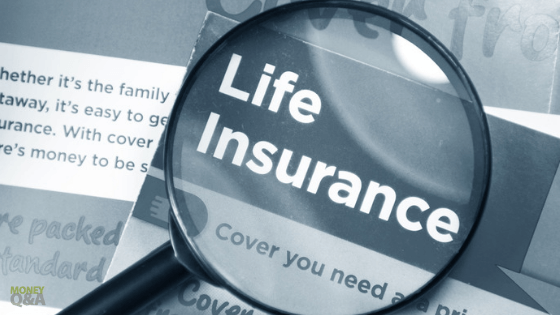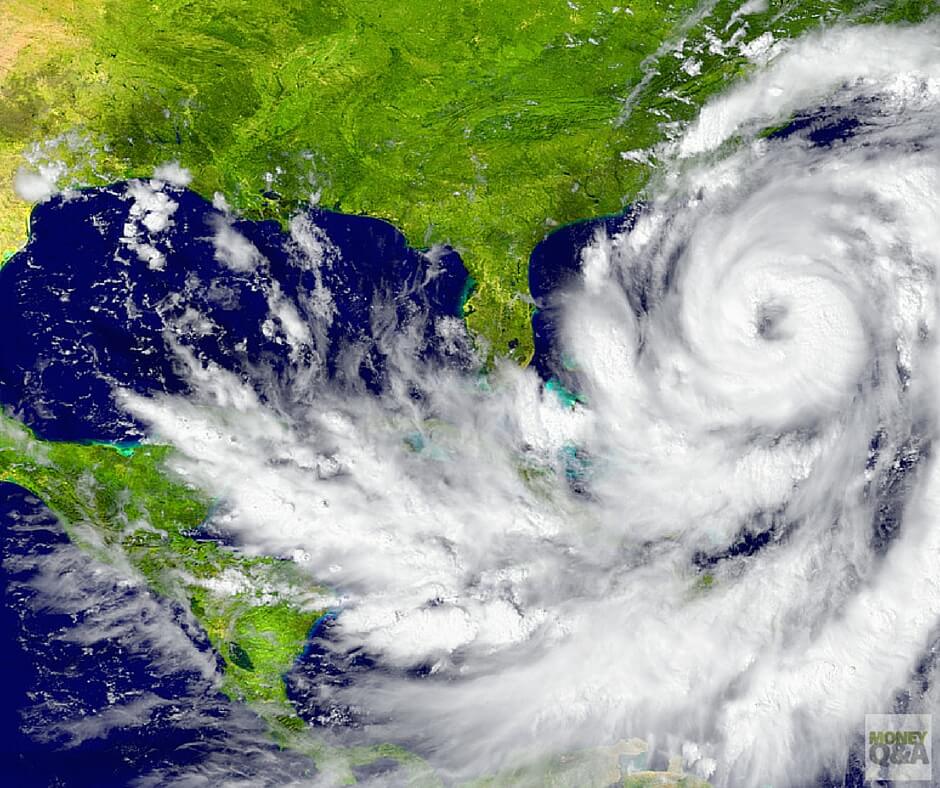Preparing your finances is a tough job at any stage of your life. However, it’s fair to say that managing your pocket money as a child is only a slim preparation for the challenges you’re going to face as an adult. Indeed, throughout your adult life, you will have to face a lot of difficult decisions and adulting money questions to keep your budget in the green and avoid devastating money problems.
The truth is that financial know-how is not something you can build over time for the very good reason that some mistakes are too costly to be ever fixed. As a result, if you are to navigate your wealth to safety and stability, as an adult, you need to be ready to review your knowledge, check your facts, and research your opportunities carefully.
Top 7 Adulting Money Questions
Indeed, the path to financial growth can be influenced by your career, social background, and location. But a strategic mind that asks the right adulting money questions at the right time can overcome the difficulties and challenges of social predetermination. If you are going to make the most of your money, you need to find the answers to the 7 most detrimental financial questions of the 21st century.
#1. Should I go to mom & dad’s bank?
First of all, as you’re growing up, your direct finance role models are your parents. As a result, it might be tempting to follow their path when you’re in a position to manage your finances.
However, before you register as a customer by your parents’ bank, you might want to check that it is the best option for your requirements and lifestyle. The Bank of America, for instance, is one of the largest banking institutions in the US. It is one of the Big Four in the country.
However, just because your parents have been customers of the first hour, it doesn’t mean that the bank is going to provide the right services for you. Indeed, before opening your account for your first paycheck, you need to sit down and consider the options: is Bank of America a good bank for what you want to achieve?
Ideally, you should book appointments or plan phone calls with a selection of banks to make sure you end up with a bank that suits your needs.
#2. What happens if I lose my job?
Picture the scene; you’re ready for a new week at work, but on Monday the boss calls you in his office to let you know that they have to let you go. You didn’t see it coming.
Aside from the overwhelming sensation of feeling like a failure, you also need to face a much more severe issue: how are you going to get by before you find a new job? Indeed, unemployment can take anybody by surprise.
But without a backup plan, it is likely to affect your lifestyle, financial stability, and chances of moving your career forward. Indeed, even with unemployment benefits being paid out for up to 26 weeks, you’re unlikely to be able to make ends meet.
Americans save on average less than 6% of their income, which, combined with unemployment benefits, leave them still with an $8,500 gap to fill. Ideally, you should be saving for up to 6 months of expenses to make sure you can bounce back in case of sudden contract termination.

#3. Do I need life insurance even though I’m not a millionaire?
If you’re an avid reader of crime novels, you probably know that life insurance is typically the motive for murder. But don’t let Jessica Fletcher, Miss Marple, or Hercule Poirot deter you from taking life insurance for your family.
Indeed, you don’t need to be a business magnate to consider additional protection. On the contrary, protecting your family in the event of your unexpected death can make a significant difference for a young couple with children.
Indeed, when you and your partner are both at the beginning of your careers – or only one of you works while the other stays at home –, life insurance cover acts as a gigantic emergency fund to support your family with on-going costs, children’s education, and mortgage repayments.

#4. Is my home ready for the worst-case scenario?
As climate change and global warming are reaching unprecedented levels, more and more homeowners are at risk of losing their homes in the midst of a natural disaster. The Atlantic hurricane season is building up and is likely to run into November.
A couple of weeks after the devastating in the Bahamas and the tornadoes in the Carolinas, the hurricane season is only just reaching its peak. Storms are beginning to form rapidly, threatening the Bahamas and Florida.
Whether you live in a zone of hurricanes, tornadoes, flooding, fire, or earthquakes, your home could be destroyed. Preparing for the repair costs could be a life-saving strategy, through specialist insurance and dedicated savings.

#5. How much do I need to start investing?
Almost half of Millennials think they need at least $1,000 to start an investment portfolio. Unfortunately, this belief keeps them away from profitable opportunities.
Indeed, you can start investing with as little as $1, by contributing to your 401(k) plan, for instance, or opening a Roth IRA. Indeed, the longer you wait to invest, the longer it will take to create a positive return.
#6. Is a side hustle right for me?
Nowadays, almost half of the American population has a side hustle business. A lot of professionals worry that side hustles might be a waste of time that interferes with their careers. In reality, everybody could benefit from an additional source of income to recover from student debts and boost their income potential.
#7. When do I want to retire?
Planning your retirement has become the most critical strategy for young professionals. Indeed, being in a position where you can choose to quit working to enjoy the rest of your life doing what you want without worrying about money is guaranteed to extend your life by several years. Unfortunately, too many young professionals start too late with their retirement savings.
In conclusion, you need to start asking the adulting money questions that matter now. Take back control of your finances, one question at a time.
